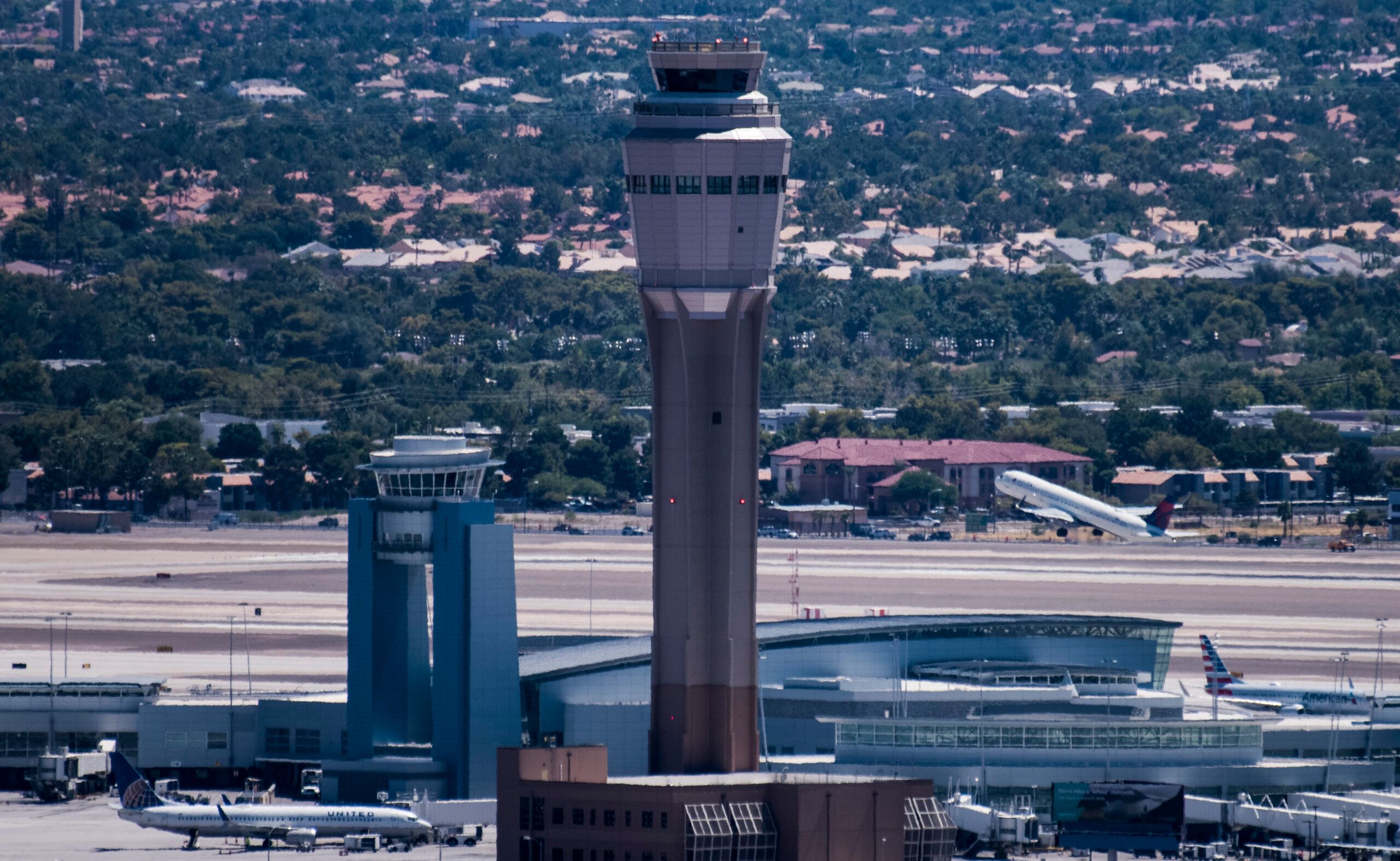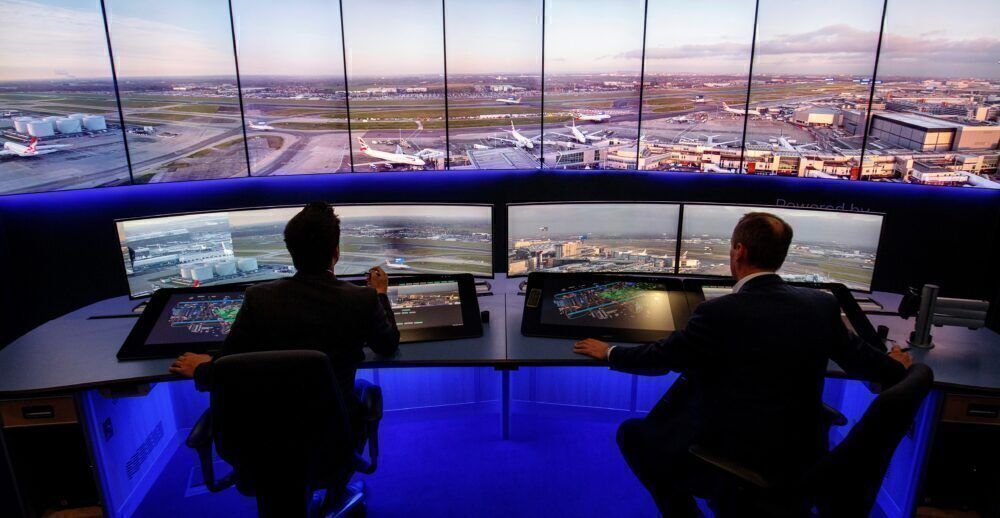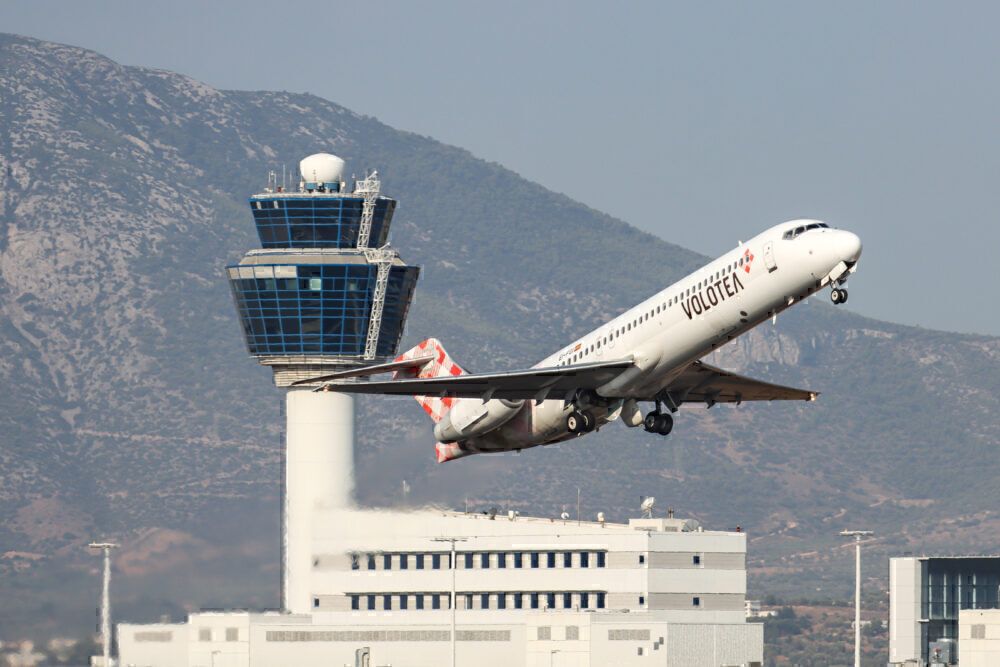Particularly in the realms of film and television, you can sometimes hear pilots using the word 'roger' as part of their radio transmissions. As with all words and phrases in air traffic control, it is a word with a specific and important meaning, even if it is not obvious at face value. So why do pilots use the word 'roger' in communications with air traffic control?
Origins in morse code
You can trace the use of the word 'roger' in air traffic control (ATC) back to the days before spoken transmissions even existed. According to BAA Training, early aircraft communicated with the ground instead via morse code. This was because planes in the early 20th century were not equipped with the radio technology that we are familiar with today.
In order to minimize their workload when it came to communicating with the ground, early pilots would use shorthand messages. One of these was the letter 'R,' which indicated that they had received a given message. This laid the foundations for what was to come in terms of streamlined radio communication.
Stay informed: Sign up for our daily and weekly aviation news digests.
Use in air traffic control
When communications between aircraft and the ground switched to a radio-based format, the use of 'R' to mean 'received' carried on. However, as is common today with the NATO Phonetic Alphabet, pilots and controllers used short, easily discernible words, rather than the letters themselves, to increase clarity.
For 'R,' this used to be 'Roger' in several old phonetic alphabets, such as one proposed by IATA to ICAO in 1947. In today's NATO alphabet, this letter is instead represented by 'Romeo.' Despite this, 'roger' has lived on as an accepted phrase as it can also be used as an acronym for "Received Order Given, Expect Results." Overall, it is a succinct way of informing controllers that they have been understood and should await the aircraft's response.
Potential for wordplay
On a more light-hearted note, using a person's name as radio code for something lends itself to amusing wordplay in certain situations. The writers of the 1980 parody film Airplane! recognized the potential for this, and formulated the following exchange between pilots Victor Basta, Roger Murdock, and Clarence Oveur.
Murdock: "We have clearance, Clarence."
Oveur: "Roger, Roger. What's our vector, Victor?"
Overall, the widespread use of standardized, simple phrases has greatly helped to streamline air traffic control worldwide. They allow pilots and controllers to be easily understood wherever they are in the world. This clarity reduces the chance of misunderstandings, and thus contributes to an overall increase in operational safety for passengers and crew.
Did you know about the origins of the use of the word 'roger' in radio transmissions? Perhaps you've been lucky enough to visit an air traffic control facility yourself? Let us know your thoughts and experiences in the comments.



